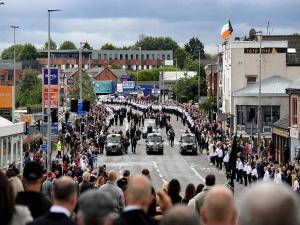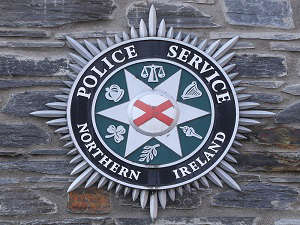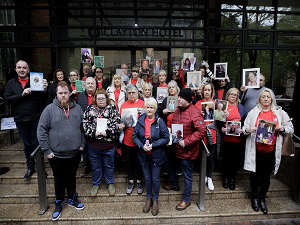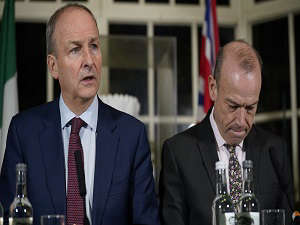
by Gráinne Connolly
NSPCC volunteers at Childline bases in Foyle and Belfast delivered 874 counselling sessions last year to young people who either told or were identified by counsellors as deaf, disabled, having special educational needs or a health condition.
Across the charity's 12 UK Childline bases there were 8,253 such counselling sessions, which is an increase of 13 per cent from 2015/16 (7308) and averaging 22 a day.
In the same period, Childline in Belfast carried out 653 sessions and the branch in Foyle carried out 221.
However, the charity fears the number of disabled young people who could be facing abuse and neglect could be even higher.
Research has shown that disabled young people are three times more likely to be abused or neglected than non-disabled children and they are also less likely to receive the protection and support they need when they have been abused.
In 2016/17, disabled young people sought help for concerns including mental and emotional health, issues relating to their own disability, educational need or health condition, bullying, and family relationships and friendship issues.
Some told Childline they were scared about their future and described feeling nervous about how their disability or condition might impact on achieving their ambitions.
Some even said they couldn’t picture themselves being in a loving relationship or becoming parents and feared they had no future because of their disability.
John Cameron, NSPCC Head of Helplines, said:
“It’s extremely concerning to see so many disabled children and teenagers contacting Childline but this could be only the tip of the iceberg.
“We know that disabled young people are particularly vulnerable to abuse and neglect and we need to ensure that support and advice is available to all those who could find themselves in difficult or dangerous situations.
“Childline counsellors will continue to support as many disabled young people as possible to ensure that they have the ability to live without fear of prejudice.”
The disabilities or conditions most commonly recorded by Childline included autism, those with learning difficulties, a physical disability or mobility issues, and those with attention deficit hyperactivity disorder (ADHD) or attention deficit disorder (ADD).
Currently the NSPCC-service only has the resources to respond to three in every four contacts, meaning some young people with disabilities may not be getting through and receiving the support and advice they so desperately need.


 Visit of Wuhan tourists to Larne ‘dispelled notion Covid could be contained’
Visit of Wuhan tourists to Larne ‘dispelled notion Covid could be contained’
 Investigation into ‘missing’ notes from key Executive meeting
Investigation into ‘missing’ notes from key Executive meeting
 Teenage girl killed in road crash named as Kamile Vaicikonyte
Teenage girl killed in road crash named as Kamile Vaicikonyte
 Covid-19 inquiry ‘an opportunity for candour’ from Stormont leaders
Covid-19 inquiry ‘an opportunity for candour’ from Stormont leaders
 UK and Irish ministers to meet amid row over migration
UK and Irish ministers to meet amid row over migration